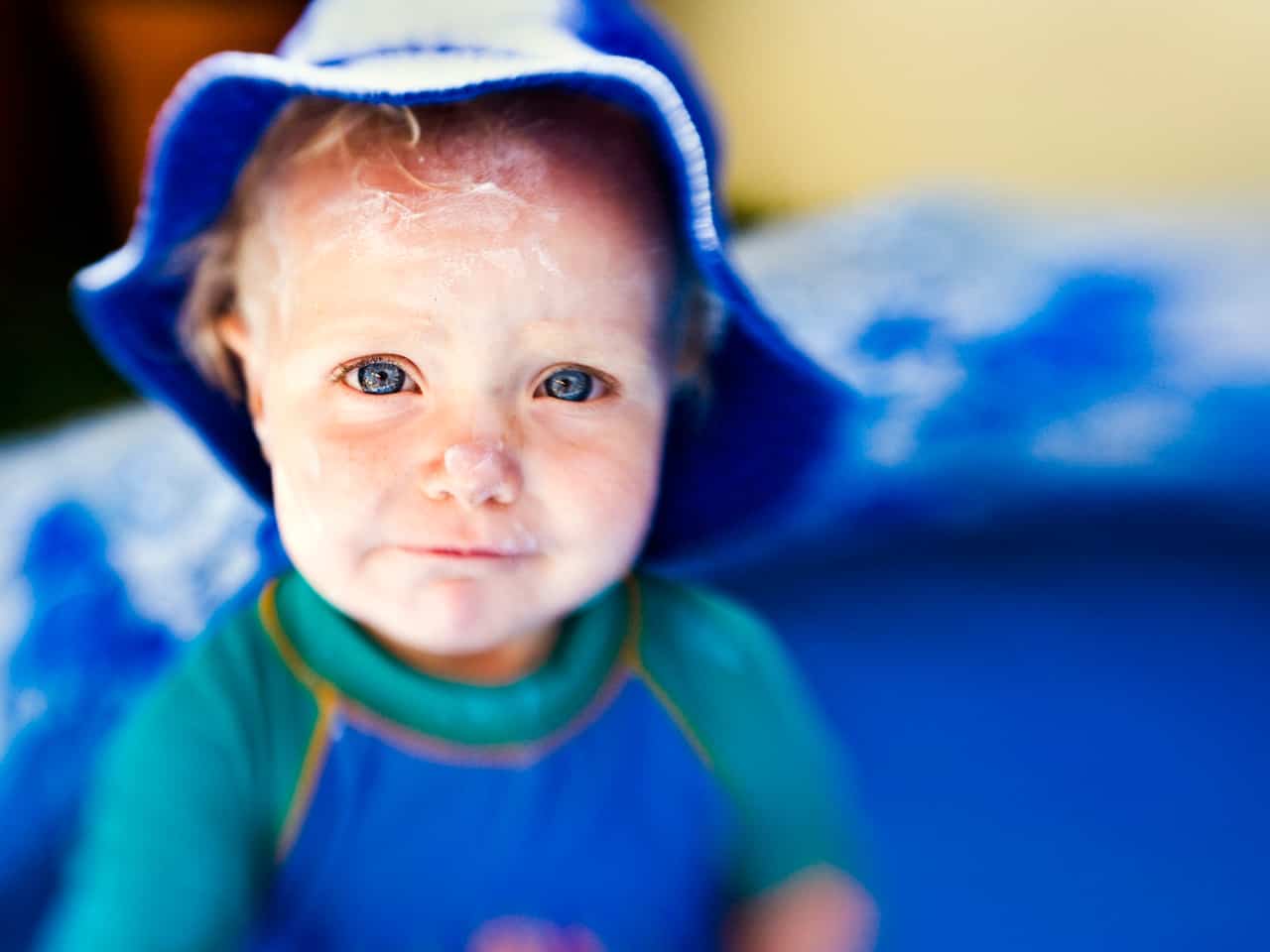Like everyone, you love your children. There’s no one you love more in the world outside of your significant other. Because of this love it’s difficult to see the sadness, and anxiety your toddlers and young children going through when you leave them. Nor does it help when you justify yourself that it has to happen because you have to head to work or class.
So what do you do? What can you do? Before we go over that, we think it’s better for you to know four things about separation anxiety.
Know It Better - Four Things about Separation Anxiety
Three Occasions It Tends to Happen
It’s important to note that separation anxiety happens in three separate situations. These separations are:
- When you say goodbye;
- When in large groups;
- When going to sleep
Anxiety can take over at any time and as random as anything else throughout your child’s life.
What Separation Anxiety Is and When It Is Normal

The Most Common Symptoms of Separation Anxiety
The most common one is your child will have a constant fear of something terrible happening to you, your spouse, or their siblings such as illness or death.
Another very common symptom is the irrational fear that the separation will be a permanent one due to death, getting lost or forgotten, or kidnapped. Other common symptoms include refusal to go to school or childcare, reluctance to go to sleep, and being exceptionally clingy to you.
The most common physical symptoms of separation anxiety are headaches and stomach aches.

Primary Causes of Separation Anxiety
change in the environment
Such as moving into a new home, going to a new school or daycare, and visiting new places where social interaction is common.
stress
The most common sign of stress is the death of a loved one, which includes pets, or divorce and the act of moving to a new home.
overprotection
The third is what you would call a helicopter parent. They’re overprotective and stress about everything concerning their children. Because of this stress, your children become anxious simply from seeing and feeling the parents' stress and anxiety.
Insecure Attachment
This simply means that for some reason or the other they have an insecurity involving being separated from you. This is often caused by the parent not giving their infant the attention they needed which made the toddler have feelings of insecurity.
How to Help Your Child Through Social Anxiety
To the earlier question of what you should do to help your child, you have two options, and one is more ideal than the other. The quick fix with possible long-term problems is to take them to a therapist and get them on some sort of drug.
What if, like many parents these days, you don’t want to give them that possible crutch?
The Ten Best Practices for Seperation Anxiety
1. Practice Separation
As inconvenient as it may be practice is a great way to help. To practice, you should take your little one to their caregiver, even if it’s for a short fifteen to thirty-minute errand. By starting out small, it will be easier to leave them for long periods when it’s needed.
timing
The best time to practice separation is after their naps or after they eat. If they are awake and full, they are more willing to separate and get over the separation much quicker.
Another great thing to do is to plan play dates with other children that they will be spending their time with when separated from you. Children love other people their age and are more willing to leave you before you say goodbye if they see their favorite friend.
In situations involving large groups of people, it is important to be by your child’s side until they find someone else to distract them. Make sure you stay within their sight though as lingering fears may remain for a short period after separation.

2. Quick Goodbyes
Don’t linger. You need to say goodbye quickly, promise you will be back and leave. It’s important that you do not look back. It’s also important to only say goodbye once and not repeat as you walking out the door.
If you prolong your goodbyes and say it multiple times as you walk out, it not only makes it hard on you but harder on the child as they see you seeing them sad and distressed. It also takes the little one much longer to calm down and enjoy their time there when you prolong your goodbyes. So put away your phone, ignore the teacher and other children, and give you child your undivided attention.
3. The “Goodbye Ritual”
Make a goodbye ritual with your child. It’s important that you both make it together as it creates a uniqueness between you and the child. The only thing that is important to remember when making this ritual is that it needs to be short.
Also, make sure it’s as silly and fun as your kid wants it. If they like it, then they will be more willing to do it every time you two separate. An example of this is the old favorites of “See you later alligator, After a while crocodile, See you soon baboon.”

4. Arrive Early
Arrive at school or daycare early enough to help your little one feel more at home and comfortable with their new surroundings. Also, if the teacher is willing, have them help their teacher set up for class. Once comfortable say goodbye and head out.
5. Be Consistent
Being consistent is one of the best ways you can help your children as they get over their anxiety. You should be as consistent as possible with who their caregiver is if not in school and always make sure you do the exact same thing with them when you drop them off.
It’s a lot easier on your child if they see the same face every day for long periods. Also, make sure that you say goodbye and make the same promises every time you leave them behind.
6. Keep your Promises
Keeping promises greatly helps your child get over their anxiety. The reason for this is if you keep your promises at home, then they are more willing to trust you when you promise to return for them later.
Likewise, never make promises you are unsure of and make sure you speak in words your child can understand.
7. Avoid Overscheduling
Like you, children need downtime. Being children, they need much more than you as they are rapidly growing both physically and mentally. It’s true that a busy day helps it go by faster but so does having fun. It’s impossible for you to stay at 100% all day.
Likewise, it’s even harder for your little ones. There are three things that you need to focus on making sure your children get. By getting these, they will be much less likely to suffer from separation anxiety as they will have gotten a healthy mix of everything they need not to be so needy. If they aren’t needy then they won’t focus on your leaving.
You need to ensure they get the nap or naps they need every day of the week. Make it as consistent as possible. Also, make sure they get to sleep early enough and don’t wake them up abruptly. You don’t like waking up to an alarm so don’t act like one either.
Go into their room and gently wake them. It is also very important to not allow them to oversleep as it leads to over crankiness which makes separation much more difficult.
More importantly, you need to play with them. By spending plenty of play time with them, you will remove their intense need of having you around.
A big factor to separation anxiety is your child not getting the attention they genuinely need from you. So, when it’s play time put your phone away, turn off your computer, and focus 100% on them.
This also means having fun with them when they are having fun with their friends. The best feeling is when they finally tell you to leave them alone with their friend, allowing you to do things you want to do.
You can, so why not them. Just like everything else in life it is perfectly OK to let your children watch TV, listen to music, or look at a book. This downtime is key in their development as it helps them to know as adults that it helps to de-stress.
8. Speak Your Child’s Language
Your child’s vocabulary is still growing, and their knowledge of how the world works is significantly lower than your own. So, speak in terms they understand. If you’ve made a consistent daily schedule with your child, then you can define when things will happen based on events of the day.
What is meant by this is you don’t tell them you will be back in the afternoon or after five PM. Instead tell them it’ll happen after snack time, nap time, or play time. If you’re leaving for a long period, then don’t say you’ll be back on Saturday or in a few days. Try something along the lines of “I’ll be back after two bed times.”

9. Listen to Your Children
No one understands your child more than you. It’s important that you listen to your child.
Nothing frustrates you more than when you aren’t listened to, and your children are no different. Repeat the words they say and give your response, just like you do with other older people. It’ll be easier for them to let go if you give proper answers to their fears and questions.
10. Don’t Give In
As stated earlier it is important to be consistent. This also means it is important to never give in to the demands or wails of your child when leaving them no matter the situation. Children need to know that you won’t cave no matter the case. Doing so will help them know that what you say is law as far as they’re concerned.
By doing this, your child will adjust more easily to the separation that they will become accustomed to feeling.



 Best Baby Sunscreen 2020
Best Baby Sunscreen 2020
Leave a Reply